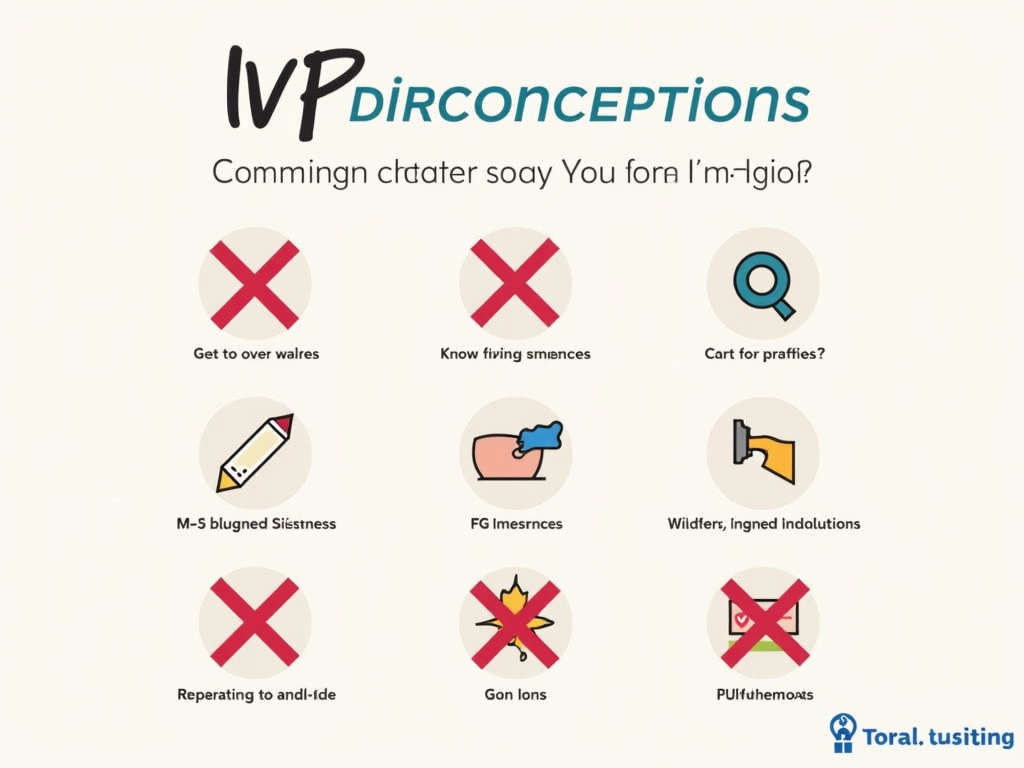A Beginner's Guide to IVF: Understanding the Journey to Parenthood
April 4, 2025, 8:24 a.m.
This beginner's guide to IVF explains the process, costs, and emotional journey of fertility treatment, offering insights into improving pregnancy rates with fertility financing and choosing the right fertility clinic.

What is IVF?
In Vitro Fertilization, or IVF, is a fertility treatment where eggs are retrieved from a woman's ovaries and fertilized with sperm in a laboratory. The resulting embryos are then transferred back into the woman's uterus, with the hope of achieving a successful pregnancy.
Who Needs IVF?
IVF is often recommended for couples who have been trying to conceive for a year or more without success. Common causes of infertility include:
- Blocked or damaged fallopian tubes
- Low sperm count or poor sperm motility
- Ovulation disorders
- Endometriosis
- Unexplained infertility

The IVF Process Step-by-Step
- Ovarian Stimulation: The woman takes hormone injections to stimulate her ovaries to produce multiple eggs.
- Egg Retrieval: Once the eggs are mature, they are retrieved from the ovaries using a minor surgical procedure.
- Fertilization: The retrieved eggs are fertilized with sperm in a laboratory dish.
- Embryo Culture: The fertilized eggs (embryos) are cultured in the lab for a few days.
- Embryo Transfer: One or more embryos are transferred into the woman's uterus.
- Pregnancy Test: About two weeks after the embryo transfer, a pregnancy test is performed.

The Emotional and Physical Challenges of IVF
Undergoing IVF can be emotionally and physically taxing. The hormone injections can cause mood swings, bloating, and discomfort. The waiting periods between each step can be anxiety-inducing. It's important for couples to support each other and seek counseling if needed.

Costs and Fertility Financing
IVF can be expensive, with costs varying widely depending on the clinic and location. In the United States, a single cycle can cost between $10,000 and $15,000. Fertility financing options, such as loans or payment plans, can help make treatment more affordable. For example, [link to a fertility financing resource].

Choosing the Right Fertility Clinic
When selecting a fertility clinic, consider factors such as:
- Success rates
- Experience and qualifications of the medical team
- Range of services offered
- Patient reviews and testimonials
- Location and accessibility
You can check the success rates of clinics through the Society for Assisted Reproductive Technology (SART).

Success Rates and Influencing Factors
IVF success rates vary depending on factors like age, cause of infertility, and the quality of the embryos. On average, the live birth rate per cycle for women under 35 is around 40%. For more detailed statistics, visit CDC's ART Success Rates.

Tips for Improving Pregnancy Rates
- Maintain a healthy lifestyle with a balanced diet and regular exercise.
- Avoid smoking and excessive alcohol consumption.
- Manage stress through relaxation techniques or counseling.
- Follow your doctor's instructions carefully.

Personal Stories
One couple, Sarah and John, shared their journey: 'After three years of trying to conceive, we decided to try IVF. It was a rollercoaster of emotions, but the support from our clinic and each other made all the difference. Today, we have a beautiful baby girl.'

Common Misconceptions About IVF
- IVF always results in multiple births.
- IVF is only for older women.
- IVF is the first treatment option for infertility.
- IVF guarantees a pregnancy.

IVF is a complex but effective treatment for infertility. Understanding the process, managing expectations, and choosing the right clinic are crucial steps. Fertility financing can make treatment more accessible, and a supportive network can help navigate the emotional journey.